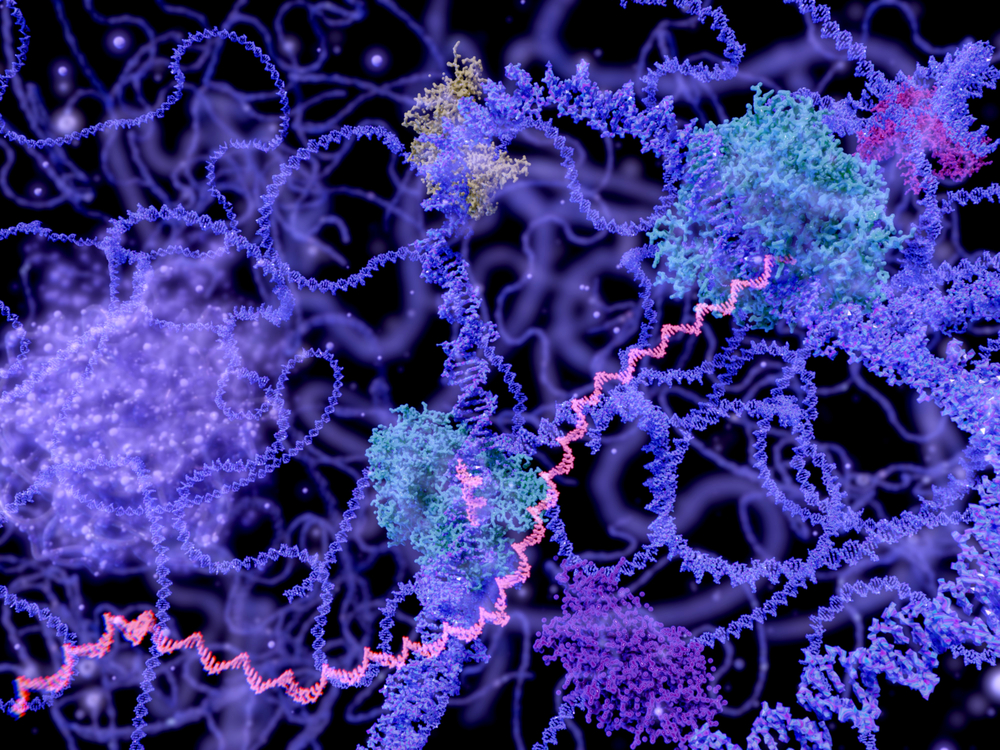Endometriosis is a benign chronic gynecologic condition that develops as a consequence of endometrium (inner lining of the uterus) cells that normally grow inside the uterus initiating their growth outside the uterus, leading to infertility and pelvic pain, usually during menstruation. It affects as much as 10-15% of all reproductive-age women and the inflammation associated with the cyclic detachment of cells from the wrong site during menstruation is deemed to cause the pain associated with the condition. Up to 50 % of endometriosis patients also suffer from infertility, which is a frequent reason for referral to the gynecologist who often makes an incidental (not expected) diagnosis of endometriosis during infertility investigation.
Very rarely endometriosis cells can transform into cancer cells. There are several previous studies corroborating this relationship between endometriosis and several types of cancers of the ovary. Mucins are proteins that function as the protective and lubricative layers throughout the human body including the reproductive tract. Mucins 1 and 4 are under intense research as tumor markers for endometriosis and ovarian cancer while naturally occurring mutations (polymorphisms) in mucins 2 and 4 have been associated with the onset of endometriosis and related infertility.
Now, researchers from the National Sun Yat-sen University, Taiwan, have looked into the relationship between another mucin – mucin 17 – and development of endometriosis and infertility in 189 endometriosis patients. The study published in the BMC Medical Genetics journal and called “Genetic variations of MUC17 are associated with endometriosis development and related infertility” focused on the association between genetic variations of mucin 17 and endometriosis development, CA125 tumor marker levels and endometriosis symptoms (including infertility).
Results from this study led by Dr. Ching-Wen Yang showed that the A variant of the mucin 17 gene has a protective effect on endometriosis development. There is another genetic variation of the gene which protects against endometriosis-related infertility but is also associated with high levels of tumor marker CA125.
This novel research gives some insights into yet another pathological pathway of endometriosis and makes mucin 17 a target for future molecular/targeted therapeutic approaches for the disease. Nevertheless, as the study is somewhat small in sample size (number of subjects), further data is needed to confirm this hypothesis.

